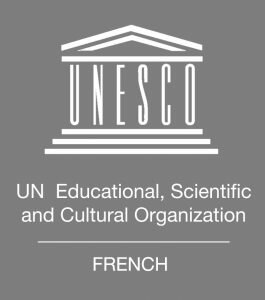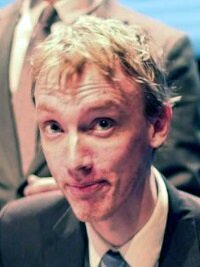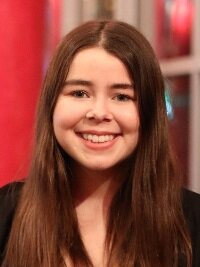
Established in 1945, the United Nations Educational, Scientific, and Cultural Organization (UNESCO) aims to achieve lasting peace by promoting intellectual solidarity through educational, scientific, and cultural means. In order to fulfill this objective, the UNESCO works on the following priorities: universal education, building intercultural understanding, pursuing scientific cooperation, and protecting freedom of expression. UNESCO delegates will look at a range of unique and dynamic issues, focusing on and initiatives to promote cultural and sexual diversity, as well as the protection of freedom of expression and media.
This committee will be simulated in French.
UNESCO Background Guide (French) | Position Paper Guide & Instructions | Delegate Resources The committee staff can be reached at
Topics:
The inclusion of LGBT+ persons in the implementation of the Sustainable Development Goals (SDGs)
UNESCO plays a key role in the implementation of the SDGs and promoting the inclusion of all people in this process. The inclusion and promotion of the rights of the LGBT+ community is critical in the process of sustainable development. As the United Nations organization responsible for protecting and promoting education and culture, this committee will give delegates the opportunity to take part in an important discussion about including and integrating the LGBT+ community in the implementation of the SDGs.
Supporting freedom of expression through media pluralism and diversity
The media plays a major role in everyday life around the world. Journalists and media personnel often get put in dangerous situations, both at home and abroad. As a cultural and educational organization, UNESCO is able to work to improve physical and political protections in place for journalists and media personnel. Delegates will have the opportunity to examine some of the most pressing issues surrounding the media and freedom of expression, and explore creative and effective ways to protect journalists and their work.
Committee Staff:
 SEBASTIAN VAN DER EST | DIRECTOR
SEBASTIAN VAN DER EST | DIRECTOR
Sebastian van der Est is originally from Berlin, having moved to Canada at the age of 9. He is a graduate of Université de Montréal in mathematics. He has been involved in Model UN for over ten years. He first started with Model UN in high school, and considers the decision to get involved the best spur of the moment decision he’s ever made. From 2011 to 2014, he was head delegate at Université de Montréal, and is still involved from time to time in an advisory role. He served as committee director at York Model UN in 2011 and 2012, and at Québec Model UN in 2013, 2014, and 2015. In 2013 and 2014, he was Secretary-General of Conférence de la Simulation des Nations unies de l’Université de Montréal. He currently lives in Niagara Falls.
 CHARLINE CÔTÉ-LESSARD | CHAIR
CHARLINE CÔTÉ-LESSARD | CHAIR
Born and raised in Montréal, Charline Côté-Lessard is a first year student at McGill University in political science and international development studies. Charline started doing Model United Nations in her first year at Dawson College. Since then, she has participated in numerous conferences as a delegate, including Harvard World Model United Nations 2016. Additionally, she was the Vice-Chair of the European Council at the Montreal United Nations Conference 2015 and returned as the Vice-Chair of the United Nations Commission on the Status of Women in 2016. Moreover, she is the Deputy Director of Volunteers for Harvard World Model United Nations 2017. She has also participated in the Parlement des jeunes, a simulation of the National Assembly of Québec. Charline is thrilled to participate as Chair of UNESCO at CANIMUN 2017.



